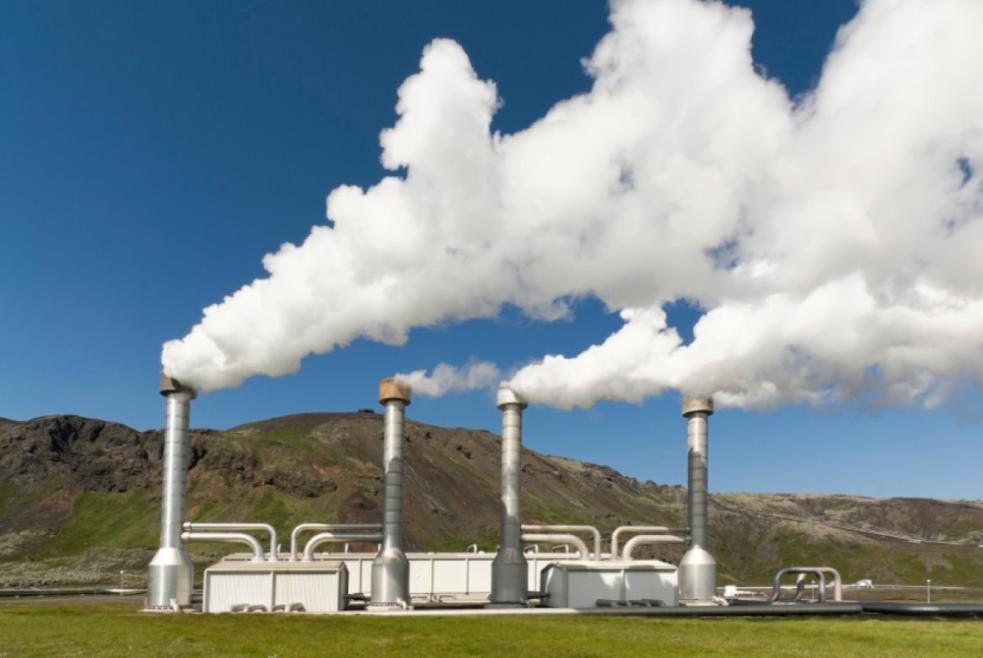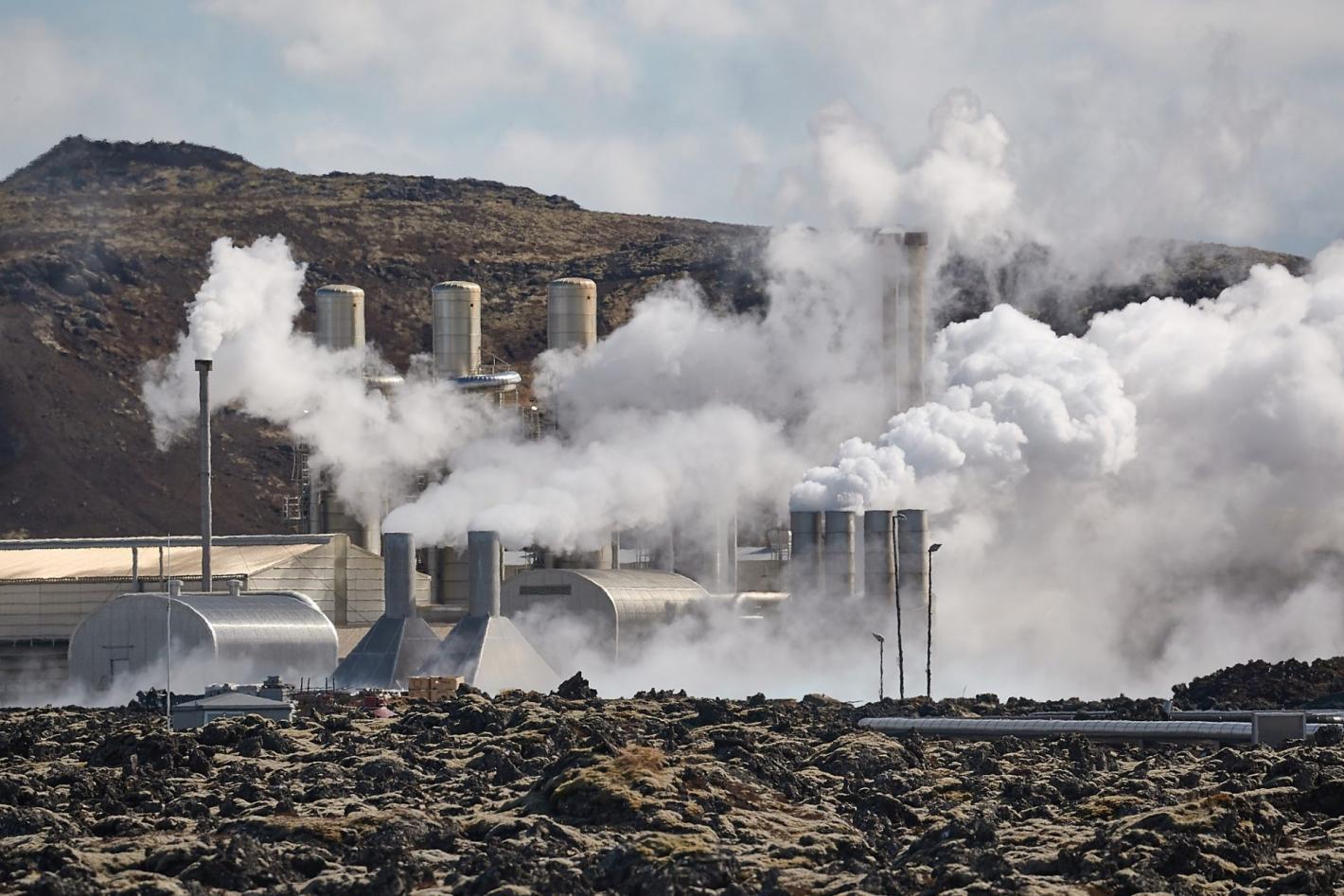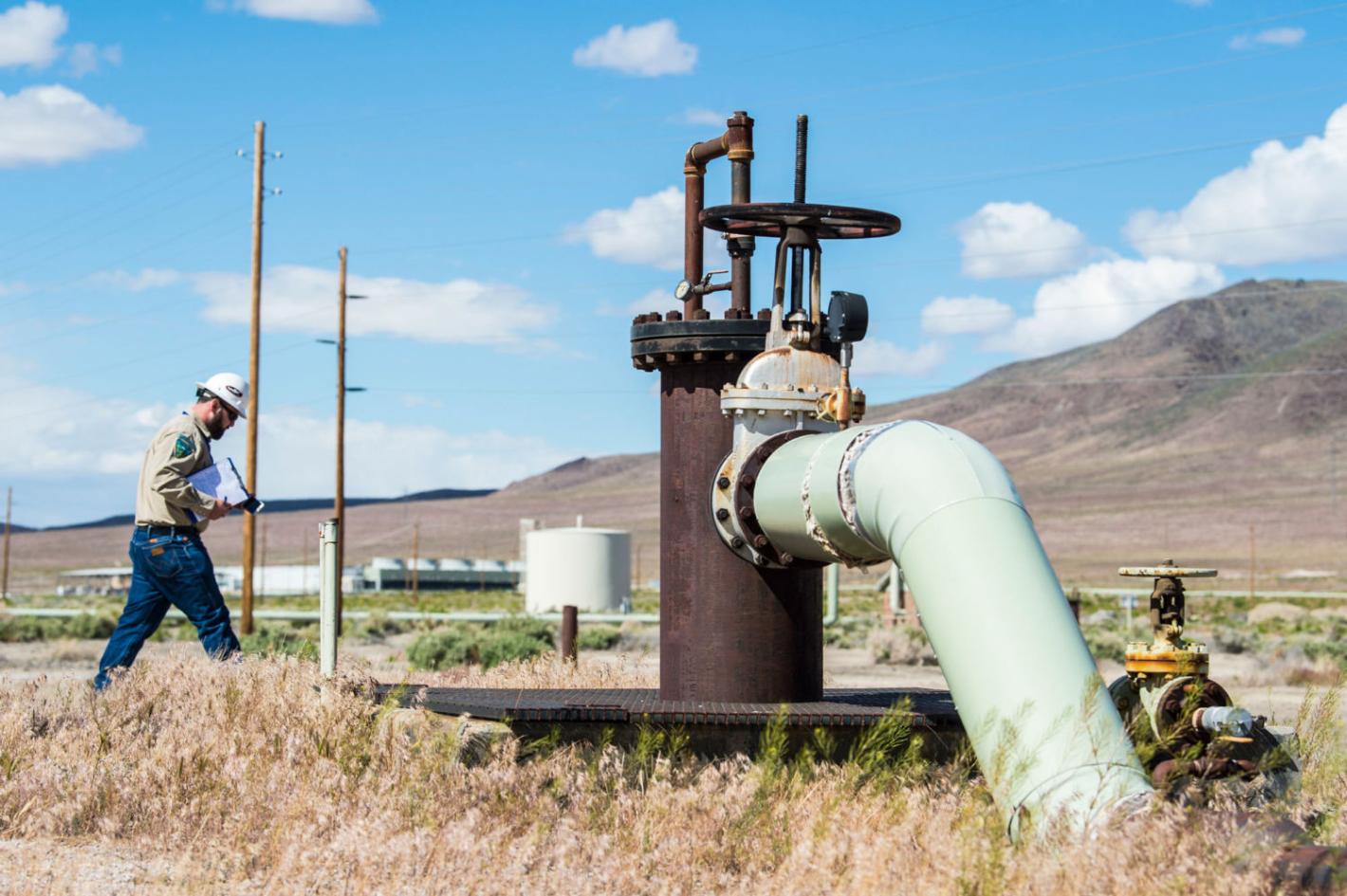Is Geothermal Energy a Sustainable Source of Energy?
Geothermal energy is a clean, renewable source of energy that has the potential to provide a significant portion of the world's energy needs. This article will explore the sustainability of geothermal energy, examining its environmental, economic, and social impacts.

Environmental Impacts
Geothermal energy is a clean source of energy that does not produce greenhouse gases or other pollutants. Geothermal power plants use a closed-loop system, which means that the geothermal fluid is not released into the environment.
However, geothermal energy can have some negative environmental impacts, such as:
- Land disturbance: Geothermal power plants require large amounts of land for drilling and construction.
- Water use: Geothermal power plants use water to cool the geothermal fluid. This water can be drawn from aquifers or surface water sources.
- Noise pollution: Geothermal power plants can produce noise from drilling, construction, and operation.
Economic Impacts
Geothermal energy is a cost-effective source of energy. Geothermal power plants have a long lifespan, typically 30-50 years. Geothermal energy can create jobs and boost local economies.

However, geothermal energy can also have some negative economic impacts, such as:
- Upfront costs: Geothermal power plants can be expensive to build.
- Risk of accidents: Geothermal power plants can experience accidents, such as leaks or explosions.
- Competition from other energy sources: Geothermal energy competes with other energy sources, such as coal, natural gas, and solar energy.
Social Impacts
Geothermal energy can have positive social impacts, such as:
- Job creation: Geothermal power plants create jobs in construction, operation, and maintenance.
- Economic development: Geothermal energy can boost local economies by creating jobs and generating tax revenue.
- Energy independence: Geothermal energy can help countries reduce their dependence on imported energy.

However, geothermal energy can also have negative social impacts, such as:
- Displacement of people: Geothermal power plants can require the displacement of people from their homes and communities.
- Cultural impacts: Geothermal power plants can have a negative impact on cultural heritage sites and traditional ways of life.
Geothermal energy is a sustainable source of energy that has the potential to provide a significant portion of the world's energy needs. However, geothermal energy also has some negative environmental, economic, and social impacts. It is important to weigh the benefits and drawbacks of geothermal energy before making a decision about whether or not to support its development.
YesNo

Leave a Reply